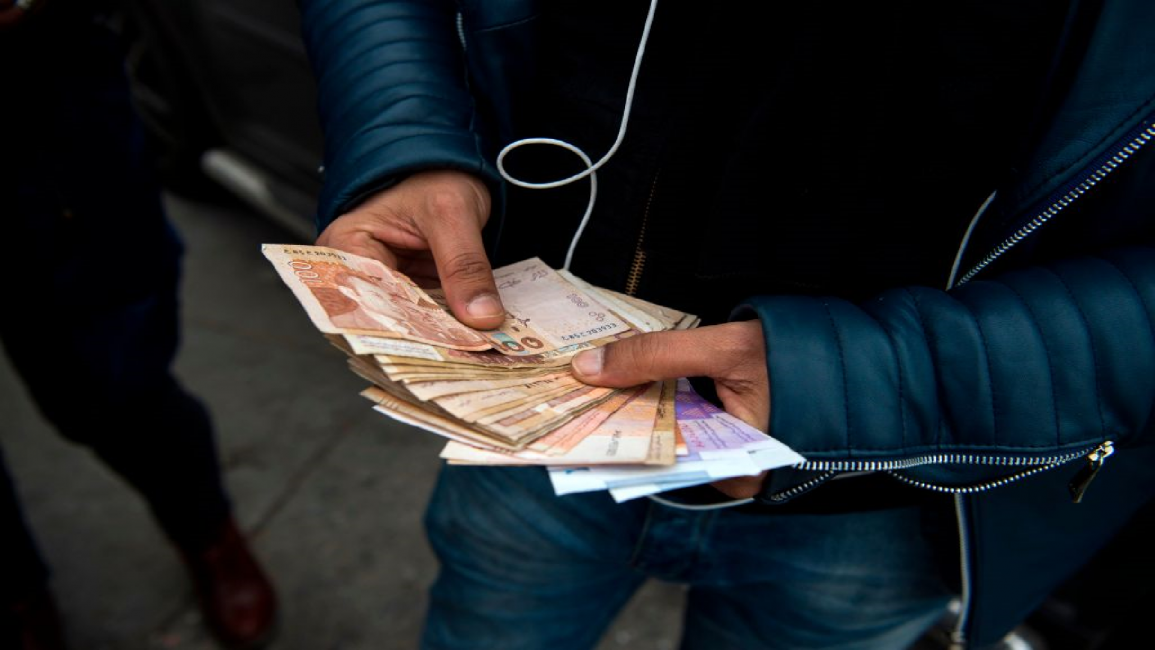Morocco inflation surges, growth to flatline: central bank
Inflation in Morocco will surge to 4.7 percent this year while growth almost flatlines, the central bank said Tuesday, amid price hikes partly fuelled by the war in Ukraine.
"Inflation will continue the acceleration that began in 2021, fuelled by external pressures linked to the spike in energy and food products and high inflation affecting (Morocco's) main economic partners," the board of Bank Al-Maghrib said in a statement.
This is up from just 1.4 percent inflation in 2021, and will only dip back below two percent in 2023, the central bank forecast.
The economy is set to grow at just 0.7 percent this year, pouring cold water on a post-pandemic recovery that saw it bounce back by seven percent last year.
The latest forecasts come as Prime Minister Aziz Akhannouch faces growing unrest over mounting living costs. Price hikes on fuel and other essential goods have sparked demonstrations and truckers' strikes in recent weeks across the North African kingdom.
The country depends heavily on imports of wheat, which has spiked in price since the Russian invasion of Ukraine, both major exporters of the staple commodity.
Meanwhile, its own agricultural sector is suffering from one of the worst droughts in recent decades, which has battered production.
The bank said "particularly unfavourable weather, characterised by a major lack of rainfall" had hit the biggest sector and source of jobs in the country, accounting for some 14 percent of GDP.
The war in Ukraine has also sent oil and gas prices soaring, pressuring the budgets of energy-importing countries including Morocco.
The central bank said revenues from tourism would surge from about $3.5 billion last year to more than $4.8 billion in 2022 -- a bright spot for a sector devastated by the novel coronavirus but still below pre-pandemic levels.


![President Pezeshkian has denounced Israel's attacks on Lebanon [Getty]](/sites/default/files/styles/image_684x385/public/2173482924.jpeg?h=a5f2f23a&itok=q3evVtko)



 Follow the Middle East's top stories in English at The New Arab on Google News
Follow the Middle East's top stories in English at The New Arab on Google News


